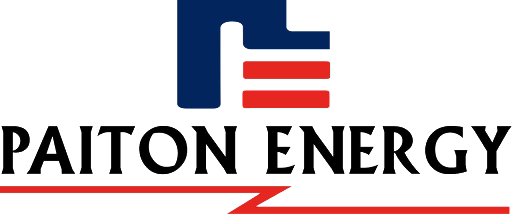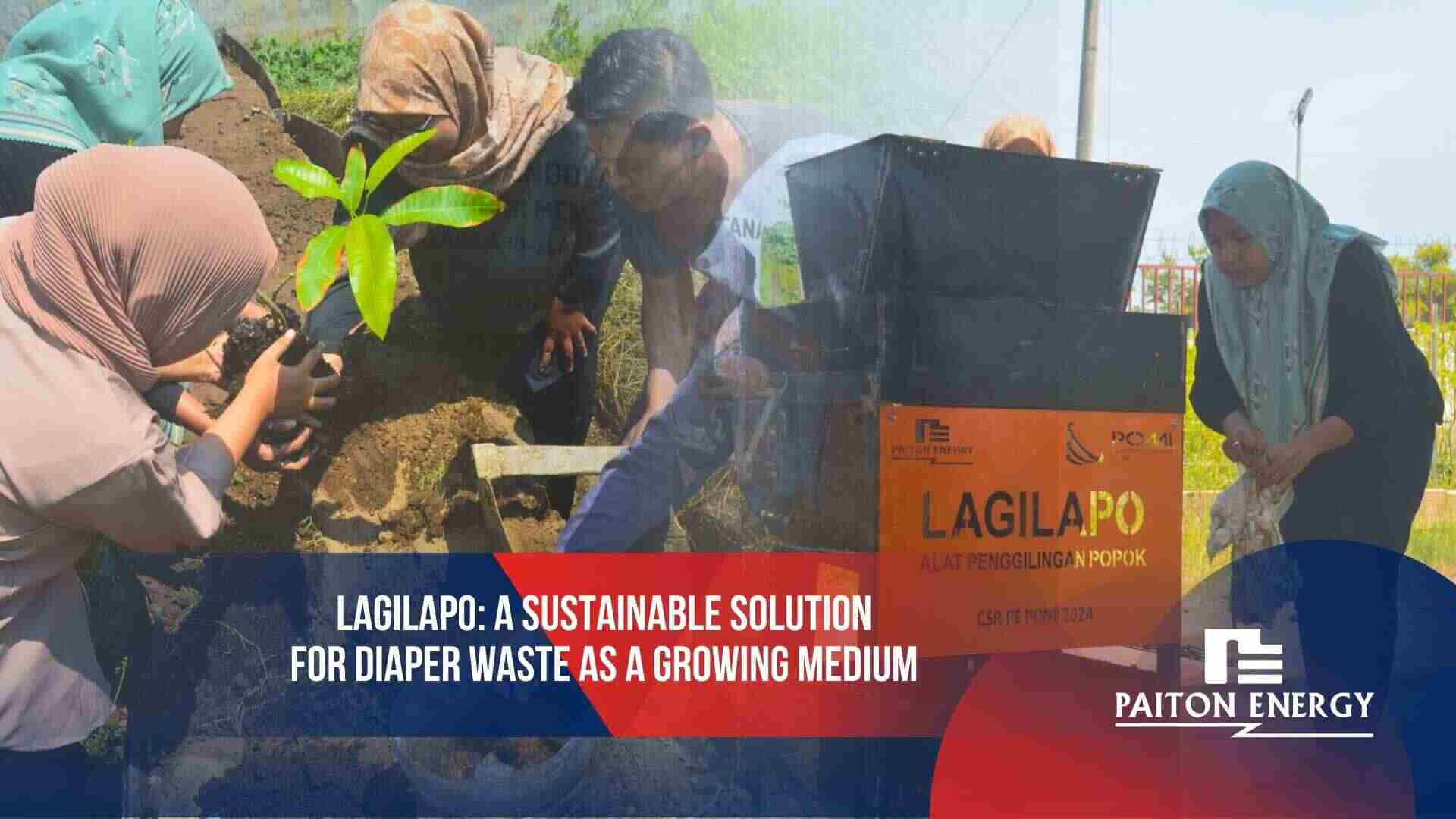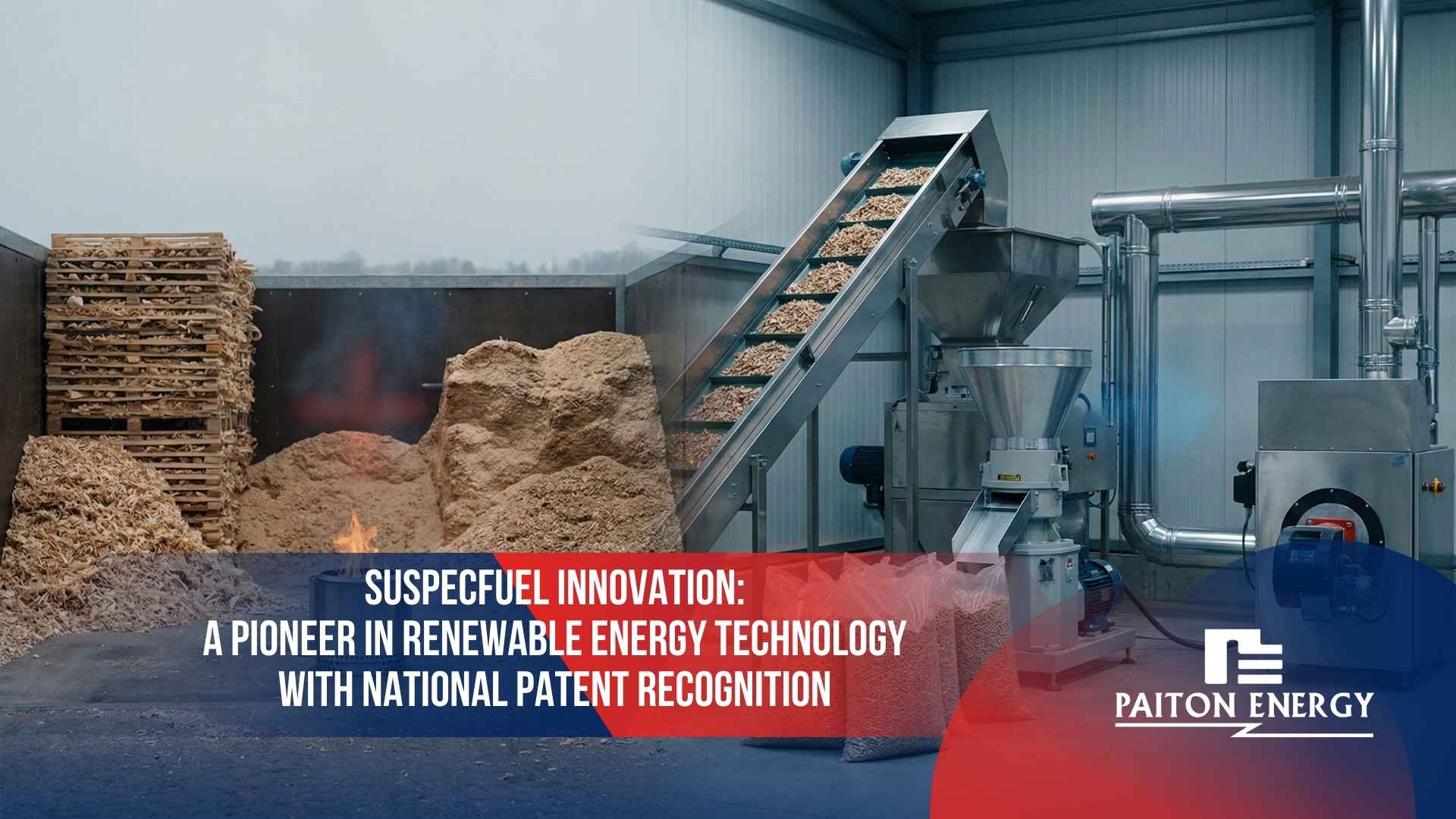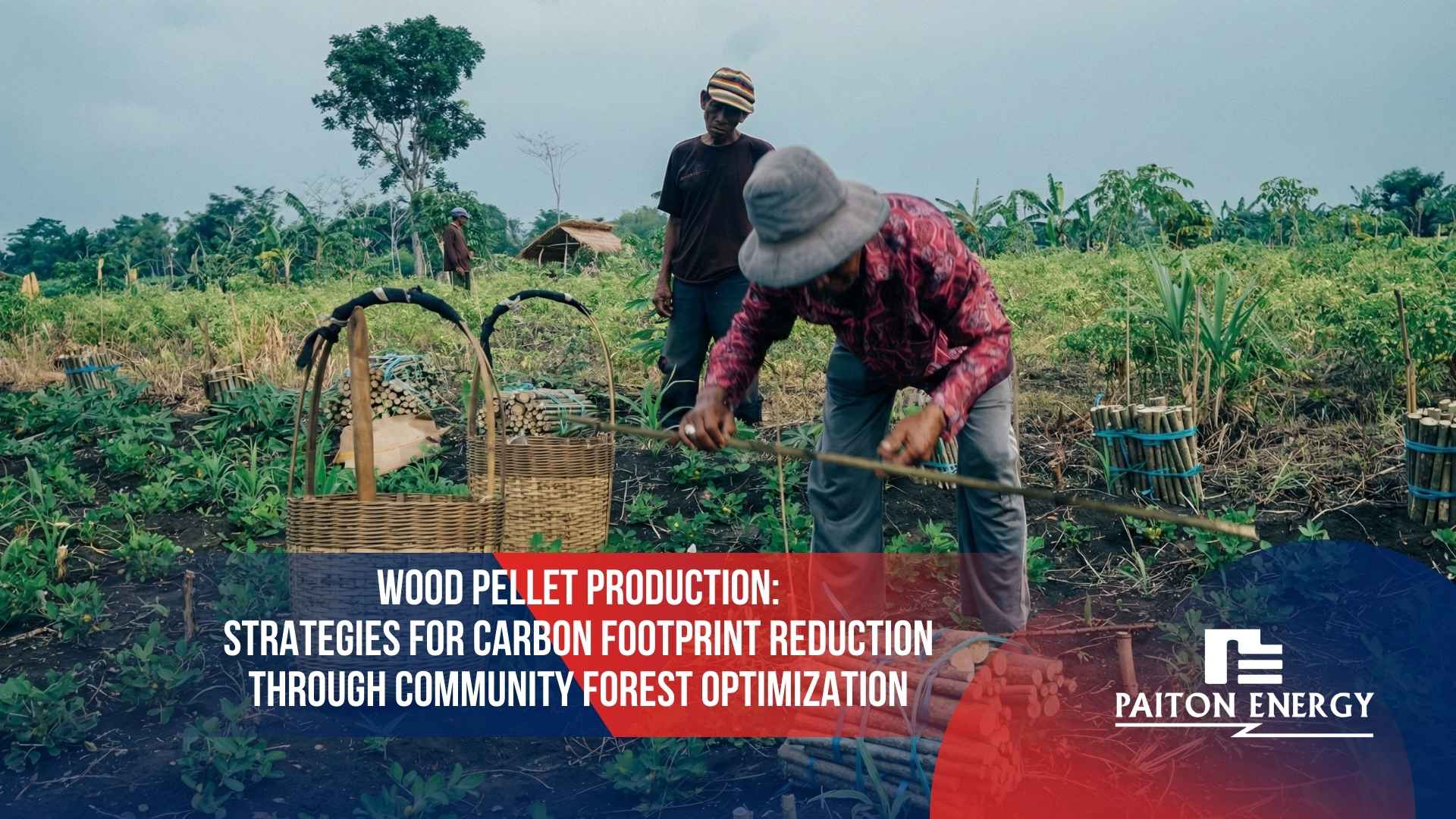Used baby diaper waste has become a serious concern in household waste management. Disposable diapers are notoriously difficult to decompose and continue to accumulate due to high birth rates.
In response to this challenge, PT Paiton Energy developed Lagilapo, an innovative manual grinding device. This tool is designed to separate disposable diapers’ absorbent gel and wrapping fabric components, enabling the waste to be reused as eco-friendly planting media and plant pots.
This initiative is part of a broader effort to address environmental pollution while promoting a circular economy within local communities.
The Environmental Problem with Disposable Diapers
Disposable diapers are one of the most persistent sources of household solid waste. In Binor Village, Paiton Subdistrict, Probolinggo Regency, the average annual diaper waste generation reaches 35 tons.
The chemical composition of diapers, which includes synthetic materials and various chemicals, makes them a significant source of pollution. Without proper treatment, this waste can contaminate soil and water sources and contribute to greenhouse gas emissions at final disposal sites.
Turning diaper waste into a useful material is, therefore a concrete step toward reducing ecological burdens.
Water Pollution from Diaper Waste
Harmful Components in Diapers That Pollute Ecosystems
Disposable diapers contain superabsorbent gel and other chemical compounds. When improperly disposed of, these substances can seep into groundwater and pollute the surrounding environment.
Before the introduction of Lagilapo, Escherichia coli (E. coli) levels in the water source near Binor Beach reached 300/100 ml in 2019.
Since the diaper waste processing program began in 2020, this figure has steadily declined to 30/100 ml in 2024, demonstrating a significant improvement in water quality.
Health Impacts on Humans and Other Living Creatures
Water pollution from diapers increases health risks, including infections, skin diseases, and even reproductive issues. Aquatic organisms and animals dependent on clean ecosystems are also affected.
By processing diaper waste with Lagilapo, direct exposure to harmful materials can be minimized, creating a healthier environment for all living beings.
What is Lagilapo, and What Does It Do?
Lagilapo stands for Alat Giling Limbah Popok, or Diaper Waste Grinding Tool. It works by grinding used baby diapers that contain superabsorbent hydrogel, which can then be used as a planting medium.
What makes Lagilapo even more remarkable is its construction, built from recycled materials and assembled manually by trainees from Paiton Selaras Training Center, a vocational institute under PT Paiton Energy.
This training center plays a critical role in enhancing local technical skills, especially to support the workforce needs of PT POMI (Paiton Operation & Maintenance Indonesia) and the broader community.
By involving youth in its development, Lagilapo becomes more than just an environmental solution—it also serves as a hands-on learning platform for technical skills, recycling, and local empowerment.
How Lagilapo Works
The tool grinds used disposable diapers that have already been cleaned of solid waste. Inside each diaper is a gel called superabsorbent hydrogel (typically made from sodium polyacrylate), which can absorb water up to several times its weight.
The cleaned diapers are processed in the Lagilapo device to separate the gel from the fabric layer.
The extracted gel is then mixed with soil to create a planting medium with excellent water-retention capacity. Meanwhile, five pieces of the diaper’s outer fabric layer can be repurposed into one flexible, lightweight, and eco-friendly plant pot. These products are not only functional but also hold economic value.
Tangible Environmental Benefits
1. Reducing Water Pollution
Lagilapo has significantly improved local environmental quality. According to Sucofindo data, E. coli levels in water sources dropped drastically from 300/100 ml (2019) to 30/100 ml (2024). This highlights the tool’s effectiveness in preventing water contamination.
2. Supporting Waste Circularity
Lagilapo changes the community’s perception of waste. Diaper waste is no longer seen as worthless residue—it becomes a resource that can be processed, recycled, and reused in valuable ways.
3. Reducing Water Dependence in Agriculture
The hydrogel extracted through Lagilapo helps retain moisture in planting media. This means plants can remain hydrated longer, even without frequent watering—especially beneficial in areas with limited water access or low rainfall.
PT Paiton Energy’s Commitment to Sustainable Innovation
PT Paiton Energy has demonstrated a strong commitment to sustainability through the Lagilapo program, which not only mitigates pollution but also empowers communities and creates new economic opportunities.
The program has successfully reduced air pollution levels from 0.15 ppm (2019) to 0.02 ppm (2024), reflecting its broader environmental impact.
Social and Economic Impact
Economic Value of Used Diapers
Used diapers are no longer discarded, but collected at local waste banks with an exchange value of around Rp500 per diaper. This initiative is transforming community behavior while creating new economic value from what was once considered useless waste.
Community Involvement through Women’s Groups
Through the Sustainable Food House Area program, local PKK women’s groups are actively involved in utilizing Lagilapo’s processed materials. They use the gel as fertilizer and the fabric as pot material, fostering a grassroots, environmentally conscious ecosystem.
Behavioral Change in Households
A major behavioral shift has taken place at the household level. Residents who once discarded diapers into rivers or open land now collect them for recycling. This not only raises awareness of proper waste management but also builds a stronger sense of social responsibility.
The number of processed diapers has shown steady growth:
- 2020: 430 diapers
- 2021: 555 diapers
- 2022: 824 diapers
- 2023: 1,180 diapers
- 2024 (as of August): 1,200 diapers
This success contributed to the INSPIRASI Program receiving the SME CSR Awards Asia 2024, a recognition of impactful, community-based environmental management efforts.
Lagilapo is more than just a tool—it is a symbol of transformation.
It turns waste into hope, pollution into nourishment, and indifference into collective action.
With simple yet innovative technology, PT Paiton Energy has shown how a holistic approach to waste management can positively influence environmental, social, and economic dimensions.
Through Lagilapo, the future of household waste management can become brighter, greener, and more beneficial for generations to come.




